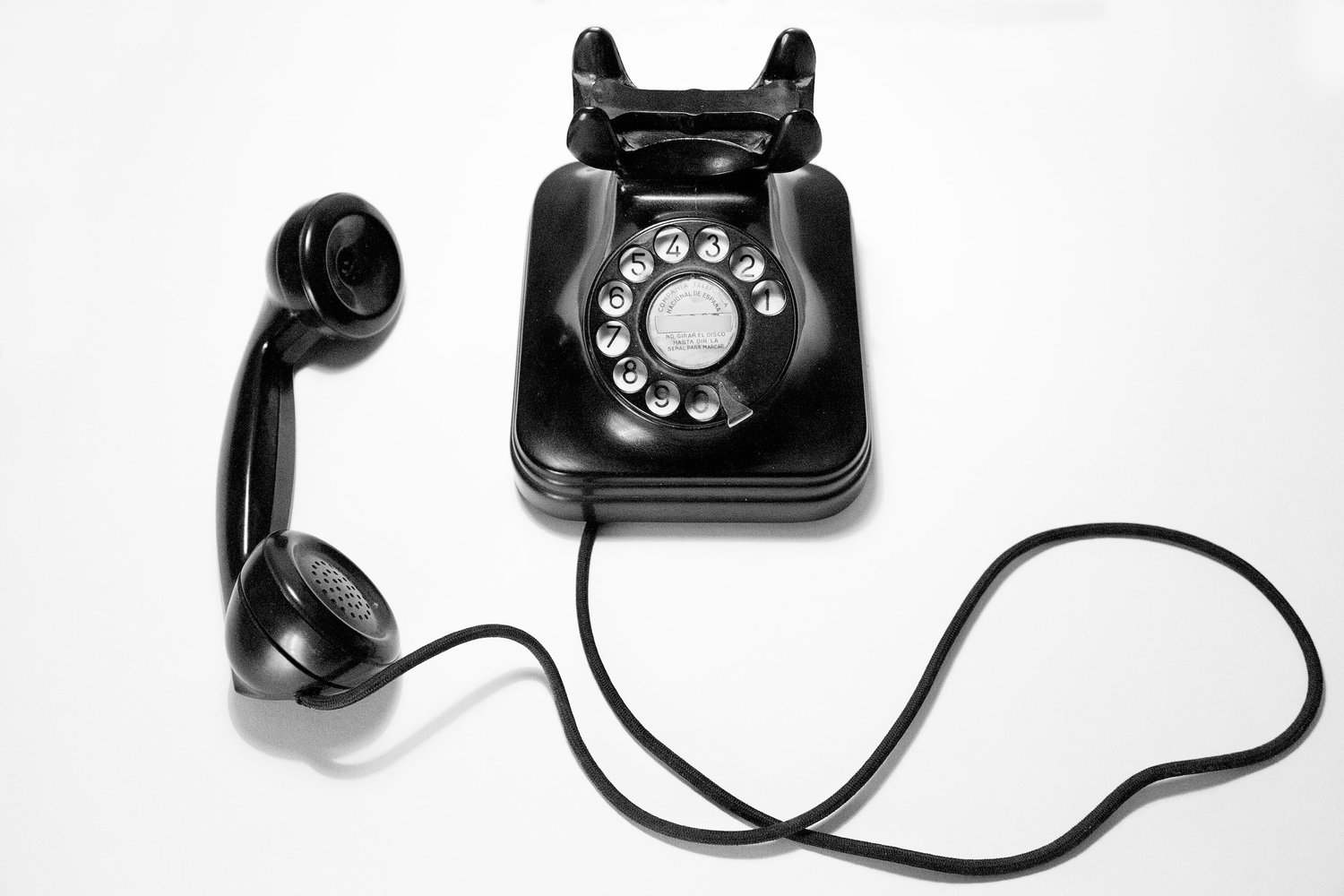
Starting in January, the IRS has answered calls to its Practitioner Priority Service telephone line in under 10 minutes, thanks to new hires and the blocking of line-jumping services, the man who leads much of the agency’s taxpayer response said.
Kenneth Corbin, the taxpayer experience officer for the IRS and its Wage and Investment Division commissioner, spoke on Jan. 18 to the California Society of Enrolled Agents (CSEA). “Hopefully, over the last two weeks or so, you’ve noticed particularly for our Practitioner Priority Service, that we are answering the phones in under 10 minutes,” he said at the virtual event. “This is part of hiring those 5,000 new customer service representatives.”
The Wage and Investment Division, which has about 40,000 employees, is responsible for all the toll-free calls to the IRS, along with all the forms and instructions, electronic filings, and walk-in IRS offices, Corbin said.
The new customer service representatives (CSRs) will be ready to answer calls by Presidents Day, he said. In addition, about 12,000 employees “are transitioning back to the phones, so having more folks available to take calls is what’s really driving a better experience for you to be able to talk to someone … to resolve your issues.”
In addition, practitioners can call the general IRS helpline number — 800-829-1040 — which has a wait time of under 12 minutes, Corbin said.
Brandon Lagarde, CPA, director of the Tax Services Group at Postlethwaite & Netterville and chair of the AICPA’s Tax Practice Management Committee, said Thursday that he was pleasantly surprised when a CSR answered his call last week right away.
“I didn’t have my information ready to give to the agent because I was surprised,” he said. “I was shocked.”
But just a week earlier, he said he “got the ‘too busy to respond’ response” on the PPS line, so “it hasn’t been all rainbows and butterflies.” He’s unsure if last week’s quick response is “permanent or a fluke.”
The IRS also has gotten its arms around the issue of line-jumping services — which Corbin and questioners at the CSEA event referred to as “voice bots.” Those services let practitioners who pay a fee to a private company move ahead in the phone line so they get answers more quickly.
In October, the IRS began a pilot program designed to thwart those services, but CPAs and other practitioners said that did not alleviate wait times. Without going into detail, Corbin said the IRS updated the system at the end of 2022. “There were a couple of challenges with the voice bots, so we made some improvements to the system,” he said.
In addition, practitioners previously were limited to asking about five accounts on each call, he said. That has been increased; Corbin did not specify a new limit. The agency also is working to resolve issues with dropped calls, he said.
In other updates, Corbin said:
- The IRS will be open on some Saturdays, and some walk-in centers will be open for taxpayers who do not have an appointment. The next date for this “Taxpayer Experience Day” is Feb. 11.
- The IRS is initiating community assistance visits in 2023. The agency will work with partners to visit rural and underserved communities that do not have an IRS taxpayer office.
- In the next two to three years, the IRS plans to expand the Tax Pro Account service, which Corbin described as having “very limited” features and functionality now. This will allow practitioners to see the same information that clients see on their individual accounts.
- Also, in the next two to three years, the IRS plans to set up online accounts for small and large businesses.


